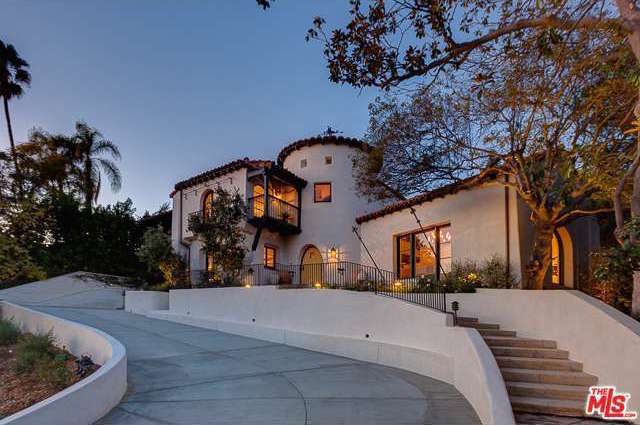Innovative & Exciting Pop-Up Houses
/When I saw this video, I could barely believe my eyes! It’s a pop-up house that deploys by itself in under 10 minutes. No machinery or labor necessary! And when you’re ready to move to a new spot, just fold it up, hook it up to a truck and drive away.
Imagine being able to take a vacation home to the beach in the summer and to the mountains in the winter (or vice versa).
Each structure expands to three times its transport size to 689 square feet. Once open, the walls can be adjusted according to your preference, so it’s super adaptable. You can even stack them to make a larger structure, or go fully off-grid by adding solar panels.
It has all the conveniences of an RV, but is much more spacious, high tech, and comfortable. It feels like a real home!
They start at about $129,000, but when you consider that you can move it anywhere, it’s a bargain! Currently, they are working on getting the designs converted to meet US building safety codes. They predict home delivery will be available to all areas of the US by the end of 2018, or sooner.
Pop-up houses, prefab houses, and 3D print houses are soon becoming a viable option for home owners. The industry is getting flooded with innovative designs that are stylish, durable, and portable.
One of the coolest and most affordable offerings is the DublDom series from a Moscow-based company. These simple modern cabins range from a 280 square foot studio to a 1,400 square foot 3 bedroom dwelling. Prices range from $23,000 for the smallest model to $100,000 for the largest model.
Another company, this one based in the UK, has started creating prefab homes to provide affordable housing for young, single urban workers. The first homes, located in SW London, will be rented out at an average of $800 per month, well below the cost of renting a current 1 bedroom apartment in the area, which roughly starts around $1,300 a month.
Google is also jumping on the bandwagon- they recently purchased 300 prefab homes as temporary housing for their employees in San Francisco. The building company, Factory OS, claims their homes come at a 40% price reduction from normal construction.
Another SF-based company used 3D printing to build a house in just 24 hours! The company used a mobile 3D printer to print the house's concrete walls, partitions and building envelope, so that the workers could then assemble it. The result is a 400 square foot house that's about as big as a standard hotel room, and costs about $10,134. For those interested in tiny homes, this definitely fits the bill.
Many other companies are getting into the prefab business, believing that industrial manufacturing techniques and new business models can solve the affordability crisis many young workers face. Perhaps, this could help solve the housing crisis in Los Angeles? Though it’s hard to imagine anything ever replacing a large, comfortable home for a family. For a younger generation looking for affordable housing, prefab could be the answer.
Some homeowners are even electing to use pop-up houses in their backyards as guest houses or granny flats! Between these new pop-up home innovations, and the latest laws that have made it easier to build secondary structures on your property, you'll likely soon see a few of these in your neighborhood.
Would your kids live in a pop-up or prefab home?
















